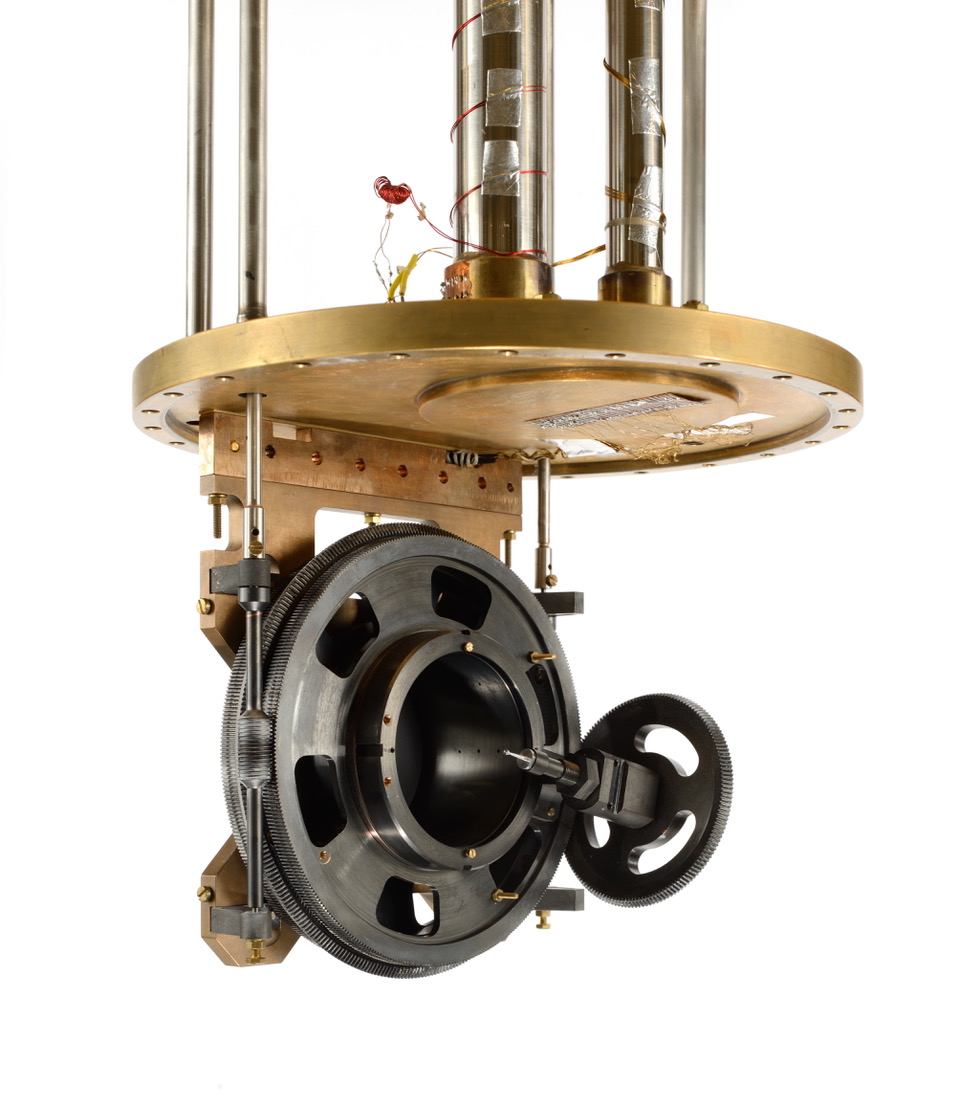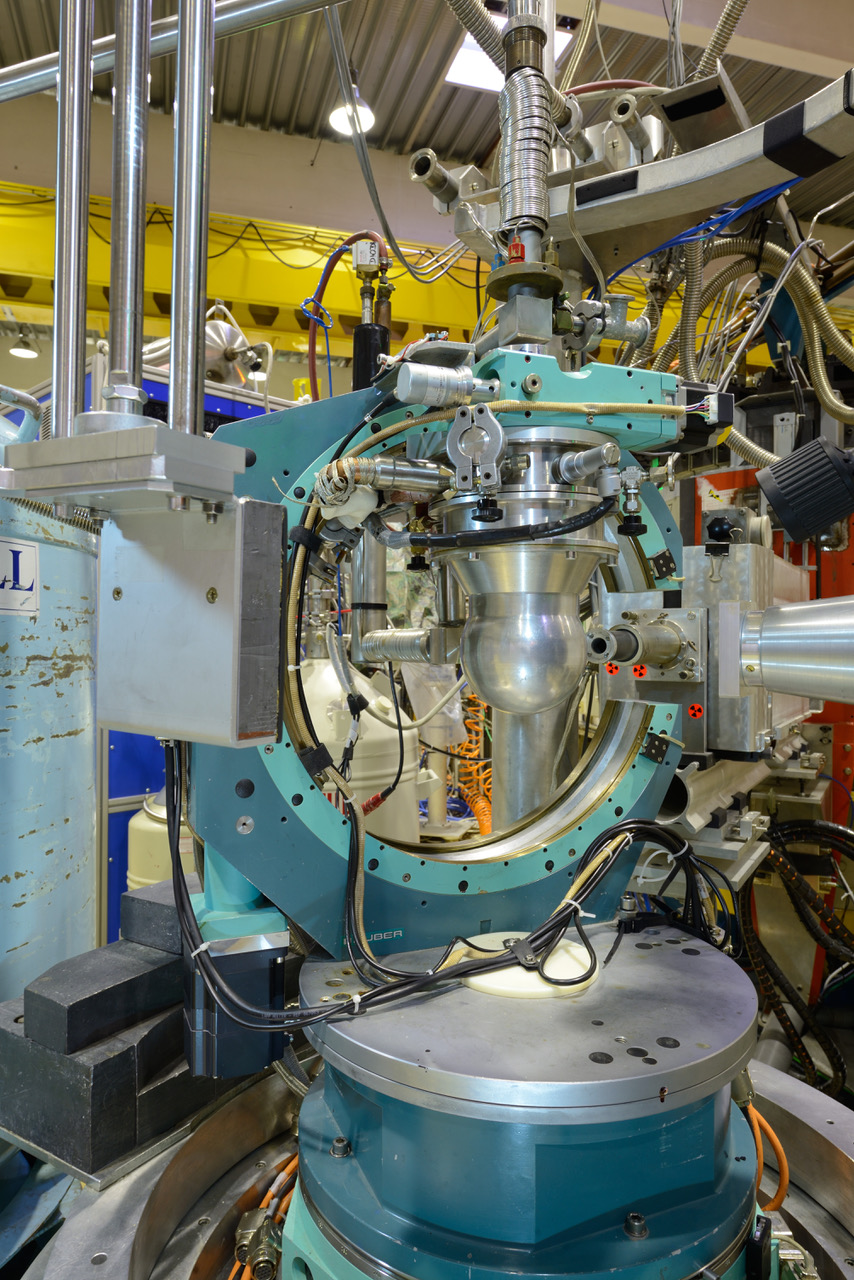Institut Laue-Langevin (ILL)
The world's leading facility in neutron science & technology
The ILL has been performing experiments at the cutting edge of research for more than 40 years now, in fields as varied as molecular biology, chemistry, fundamental physics, materials science and the environment. When beams of neutrons are used to probe small samples of materials they have the power to reveal what cannot be seen using other types of radiation. Neutrons appear to behave either as particles or as waves or as microscopic magnetic dipoles. It is these specific properties which enable them to yield information which is often impossible to obtain using other techniques.
Expertise and available facilities
The ILL proposes the following techniques to discover the secrets of matter:
- Neutron diffraction for measuring the structure of crystalline materials
- Small-angle neutron scattering to observe the organisation of particles in dispersed systems
- Inelastic neutron scattering to understand the movements of atoms and molecules
- Quasi-elastic neutron scattering to probe stochastic motions of atoms or molecules
- Neutron reflectometry to study the structure o thin films, including solid/solid, solid/liquid and liquid/liquid interfaces
- Gamma spectroscopy and a few other methods to measure certain fundamental constants, the internal structures of the nucleus and the forces that keep all atoms in a crystal together.
Applications
The ILL provides industrial users with privileged access to a complete world-leading suite of highly-specialised neutron instruments, supported by the expertise and know-how of experienced scientific and technical staff. Our extensive range of sample environment facilities accurately mimic real working conditions: extreme (high and low) temperatures, high pressures, magnetic fields, mechanical constraints (e.g. static or cyclical external loading).
Recent developments
- Fast Orange cryostat (available from AS Scientific Products Ltd, UK)
- 100 mK gravity insensitive dilution cryostat for neutron diffraction
- Fully automated gas handling system for operating dilution inserts from room temperature to 40 mK
- Ultra-cold neutron sources


Left: Internal part of the Cryocradle cryostat for orienting single crystals inside zero-field spherical neutron polarimeters down to 3 K — © Ecliptique
Right: 100 mK gravity insensitive dilution refrigerator used on the single crystal neutron diffractometer D10 — © Ecliptiq
